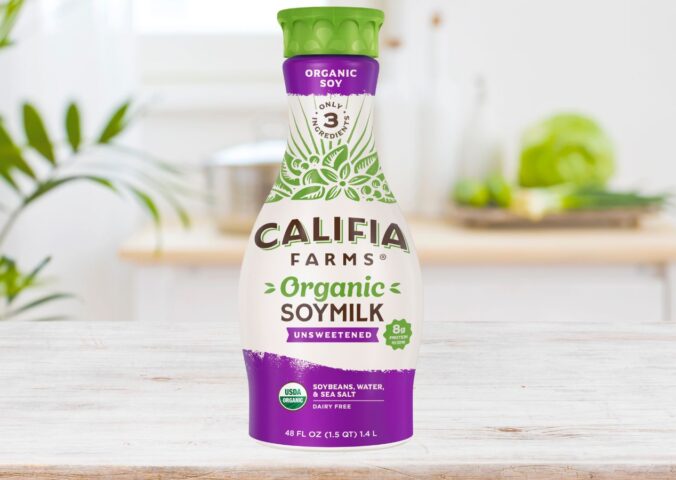A team of German scientists is developing protein-based sweeteners to replace sugar.
Read more: New Study Suggests Popular Artificial Sweetener Could Increase Heart Disease Risk
Researchers from Fraunhofer IME are partnering with metaX Institut für Diätetik GmbH and Stuttgart-based Candidum GmbH for the joint research project, titled “NovelSweets.”
They note that sweet-tasting proteins (SPs) occur naturally in certain plants. The structure of SPs means that they bond “very readily” to the tongue’s receptors and are perceived by humans as sweet, making them ideal, nutritious replacements for sugar.
The collaborators aim to use biotechnology to support Germany’s Federal Ministry of Food and Agriculture (BMEL) in its goal of reducing sugar in ready-made food and drinks, thereby counteracting the rising number of health issues thought to be linked to the national diet.
Read more: Company Launches Sustainable Cocoa-Free Chocolate
Replacing conventional sugars with ‘sweet-tasting proteins’

Fraunhofer IME, metaX Institut für Diätetik, and Candidum note that one of the best-known sweet proteins is brazzein, extracted from the African plant Pentadiplandra Brazzeana.
Extracting it on a commercial scale would be inefficient and costly, but the collaborators hope to use biotechnology to produce protein varieties based on brazzein’s protein sequence. New varieties could also achieve a “better sensory experience” in terms of flavor and texture.
Improved proteins are created using precision fermentation, including one variety the team has named “X3.” A single gram of X3 is 10,000 times sweeter than table sugar, and four times sweeter than natural brazzein, meaning just a few grams can replace a lot of sugar.
NovelSweets is just one of several projects exploring the replacement of conventional sugars with SPs. In August, startup Shiru and ingredients giant Ajinomoto announced a partnership to find, develop, and commercialize sweet proteins via the AI-driven “Flourish” platform.
California-based Oobli received acknowledgment that its precision-fermented “brazzein-53” was GRAS (generally recognized as safe) earlier this year, allowing the company to expand internationally. Brazzein-53 was the first sweet protein to receive a “no questions” letter.
Read more: Is Sugar Vegan? The Ongoing Debate Explained






